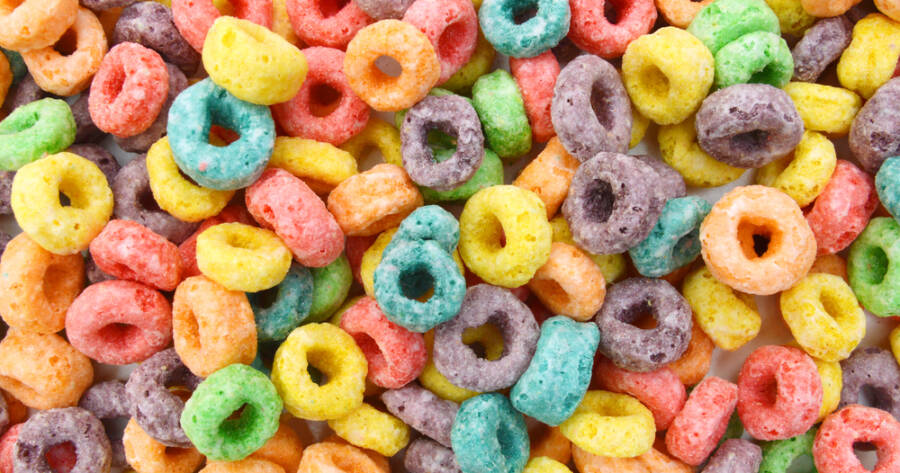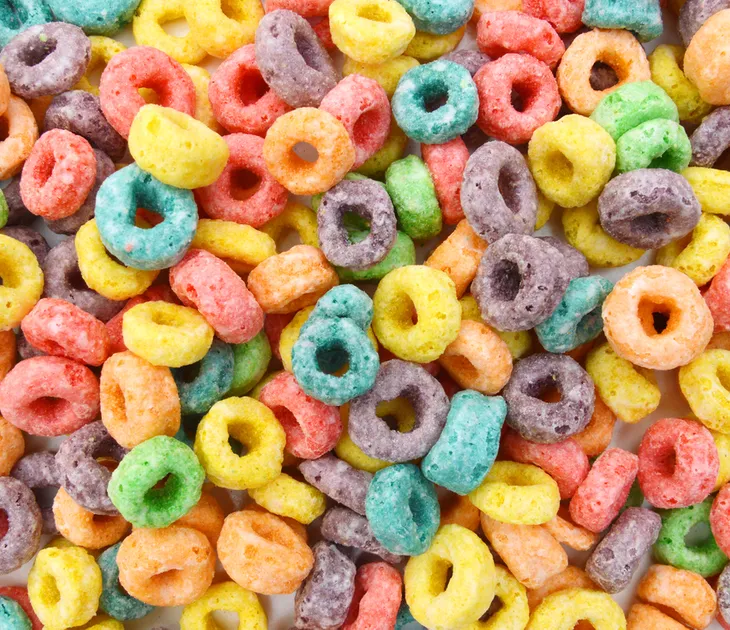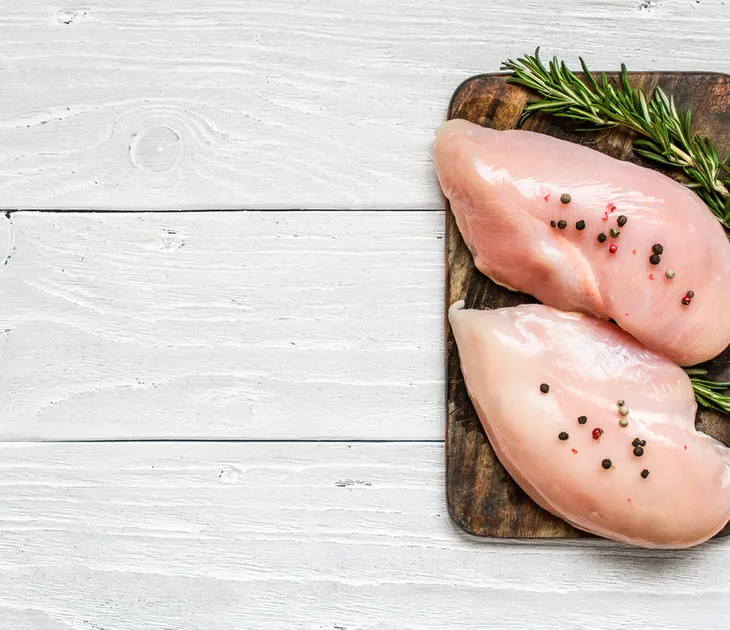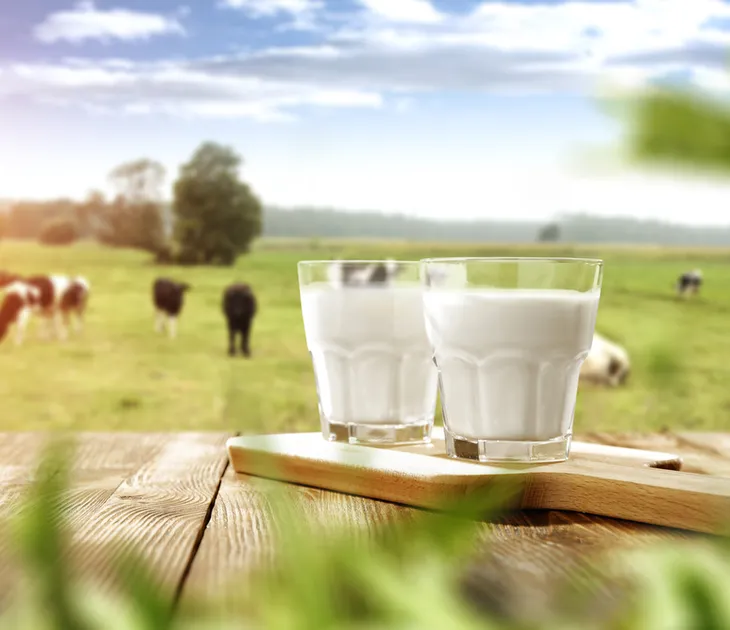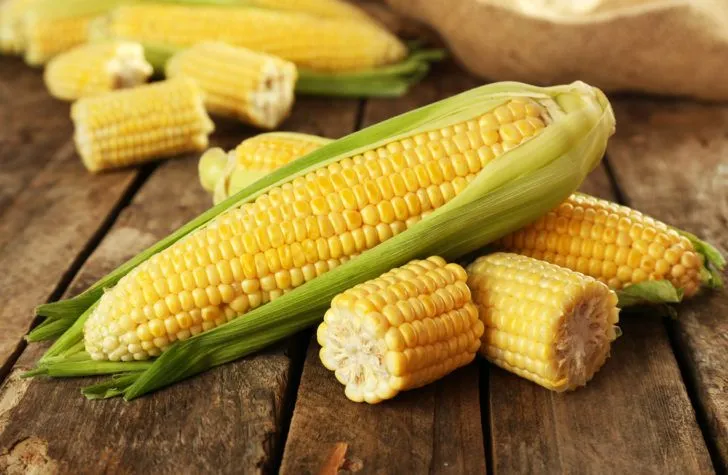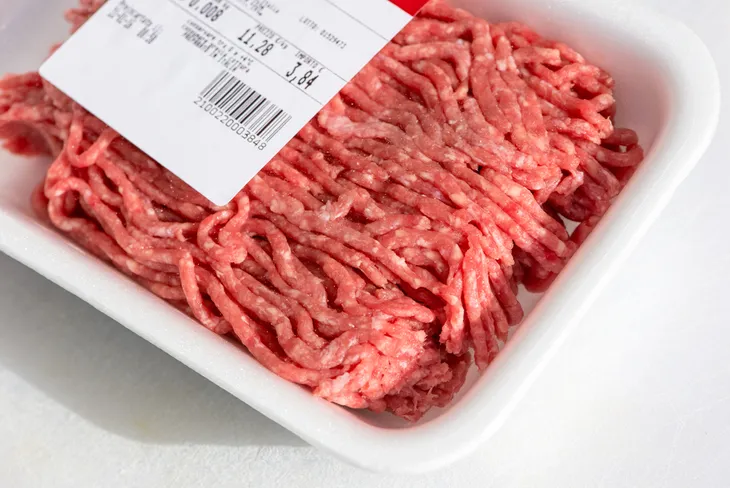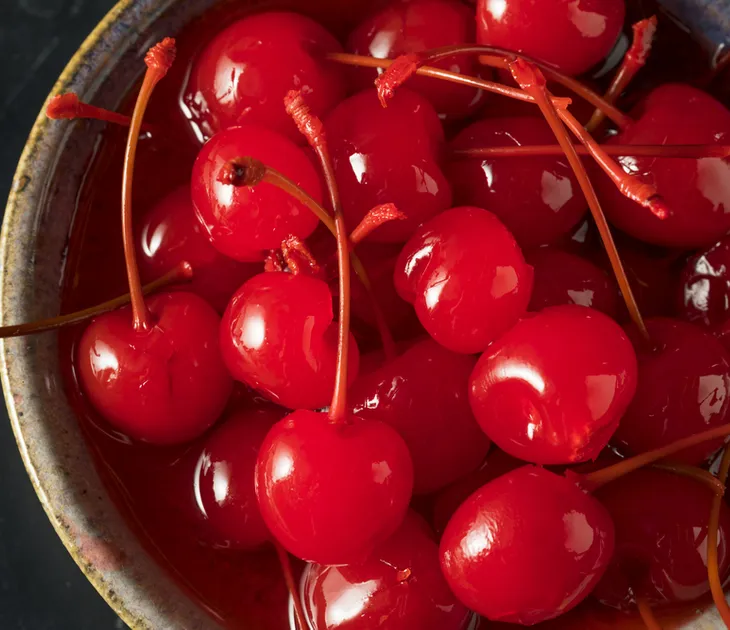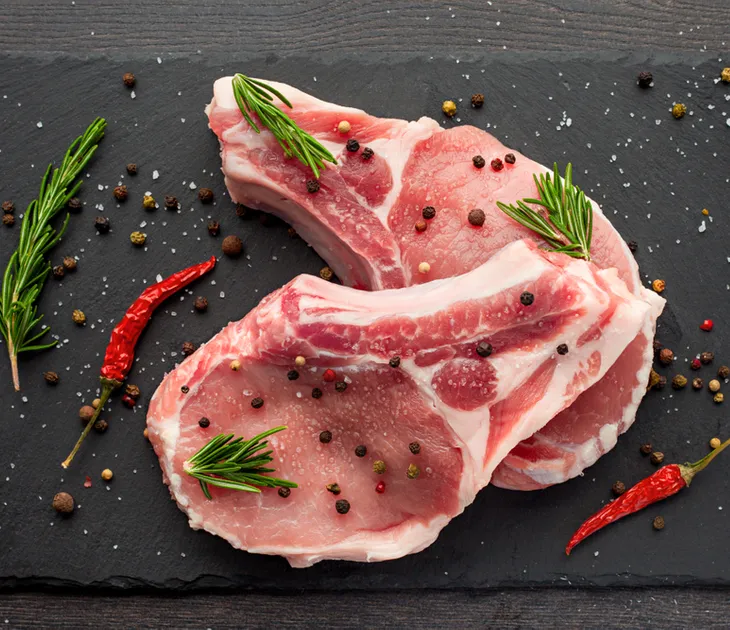There is no shortage of fun and interesting foods in America. If you can think of it, the U.S. probably has it! But the reality is many of these interesting foods are processed and contain unnatural dyes, flavors, and additives that are bad for your health and banned in other areas of the world.
Let’s take a deep dive into America’s grocery shelves and find out which American foods are banned around the world. Some of these may surprise you!
Mountain Dew
Soda is a staple with most fast-food meals and Mountain Dew is among some of the most popular choices. The neon green color alone is questionable but it turns out this drink is banned in the European Union, India, and Japan. This is because it contains Brominated Vegetable Oil (BVO), which is a food additive found in some citrus sodas. Some companies use BVO because it can help prevent the citrus flavoring from separating in the soda.
The Mayo Clinic explains that there are health concerns about BVO because of the ingredient bromine. The source says bromine can irritate the skin and mucous membranes (lining of the nose, mouth, lungs, and stomach). Even worse, long-term exposure may cause neurologic symptoms, such as headaches, impaired balance or coordination, and even memory loss.
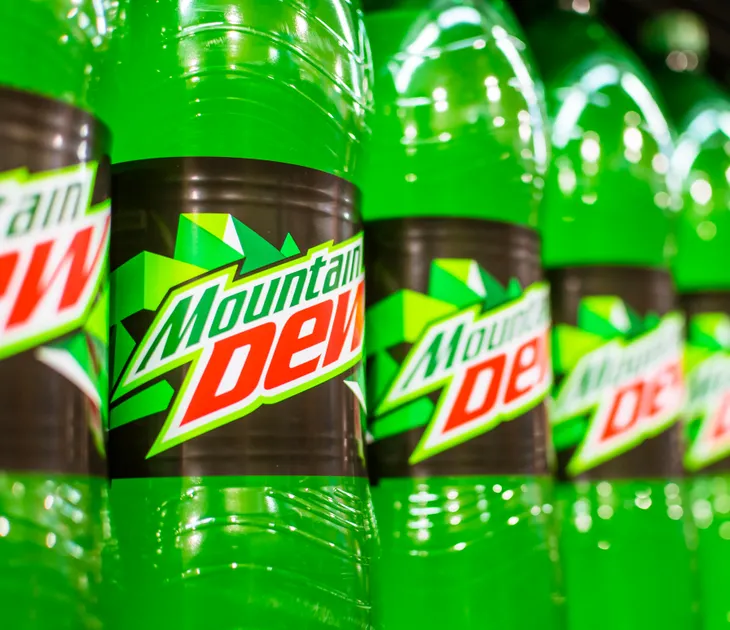 MDV Edwards / Shutterstock.com
MDV Edwards / Shutterstock.comFroot Loops
Froot loops are a breakfast staple in many homes. And what’s not to love? They’re colorful, fruity-flavored, and a quick and easy breakfast option. Unfortunately, these Fruit Loops are banned in the European Union.
If you think those bright colors come from natural sources, think again. And this is precisely why fruit loops are banned in the EU because they contain potentially harmful artificial dyes, including yellow 5 and red 40. Some studies suggest that these artificial dyes cause hypersensitivity reactions, and have been found to be contaminated with benzidine or other carcinogens.
American M&Ms
While you can still find M&Ms for sale in Europe, they’re not quite the same as the M&Ms sold in America. Eat This, Not That explains that this is because M&Ms in the U.S. are made with artificial colors, which many places in Europe either completely ban or warn against those additives.
The M&Ms sold across Europe are made with natural colors instead. The source says there was a petition in 2014 for Mars Inc. to provide the U.S. with the same quality ingredients and the company reportedly said they would stop using artificial dyes, however, according to the nutrition info on their website, they have yet to change M&Ms in the U.S.
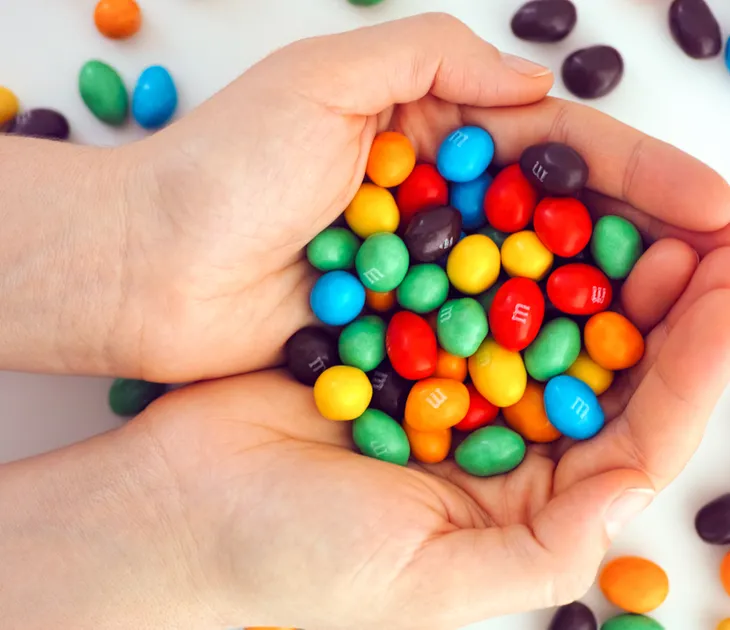 Ekaterina_Minaeva / Shutterstock.com
Ekaterina_Minaeva / Shutterstock.comChlorinated Chicken
Did you know chlorinated chicken is a common practice in the U.S.? It simply means the poultry meat is washed in chlorine. After slaughter, the chickens are rinsed with an antimicrobial chlorine wash to help prevent food-borne diseases. While it’s common practice in the U.S., it’s banned in the European Union. But maybe not for the reason you think!
While it doesn’t sound all too appetizing, the safety concern is not exposure to chlorite residue. According to the BBC, the EU is concerned that relying on a chlorine rinse could be a way of compensating for poor hygiene standards, such as a dirty or crowded slaughterhouse. The EU believes the best way to eliminate the risk of bacteria (like salmonella) is to maintain high farming and production standards.
Skittles
You really can “Taste the Rainbow” in a handful of skittles. These vibrant candies may be tasty but the European Union has decided to ban them because of the use of titanium dioxide.
Titanium dioxide is used in various products from paint and cosmetics to food items like skittles. It’s a bright white pigment that’s often used to add brightness or opacity to a product to help the colors appear bold and more attractive. It can also help prevent the product from caking and it increases its shelf life. But the potential problem with titanium dioxide is that nanoparticles could accumulate in the body and alter DNA.
Some animal studies suggest it may affect digestive microorganisms and cause diseases such as intestinal and bowel inflammation and colorectal cancer. While this doesn’t make it carcinogenic per se, it does mean it could be intentionally damaging to human health. For this reason, the European Commission has decided to err on the side of caution and ban the chemical.
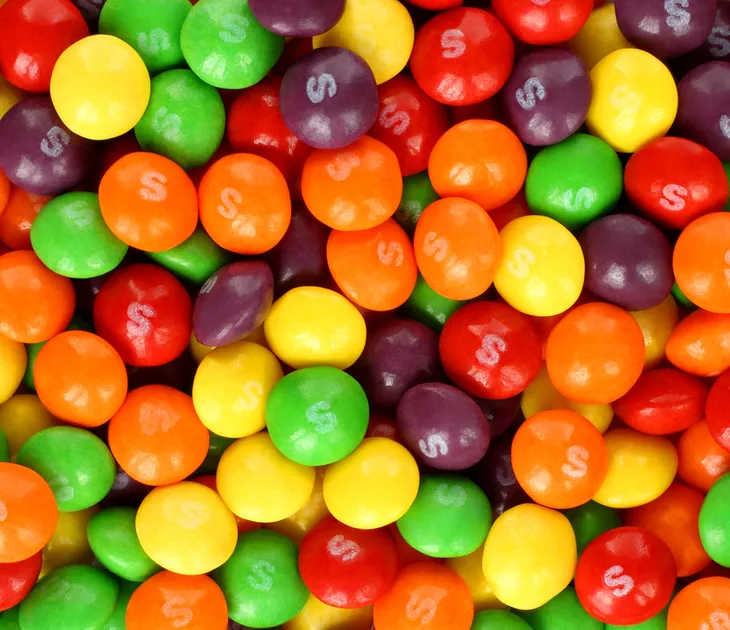 rvlsoft / Shutterstock.com
rvlsoft / Shutterstock.comSome Dairy Milk
Do you drink milk regularly? You might be surprised that your favorite milk brand is banned in not only the European Union but Canada and some other countries as well. This is because some dairy milk in the U.S. contains a synthetic man-made growth hormone that’s used to increase milk production in dairy cows.
Countries have banned this growth hormone due to its potential effects on human health, including the possible risk of cancer. If you want to avoid this hormone, you’ll want to shop for milk that is organic or says “does not contain rBGH.”
American Corn
You might think corn is a healthy side dish — after all, it is a vegetable– but Europe has a ban on American corn. The reason is that the vegetable has been genetically engineered to be resistant to the ringspot virus. While that doesn’t sound like a bad thing, this type of GMO has been linked to tumors, birth defects, organ damage, and more.
The European Union has decided to practice an abundance of caution with this one but corn isn’t the only product with this GMO. The EU also bans American soy, papaya, and any other foods that have been genetically engineered to be resistant to the ringspot virus.
American Ground Beef
You won’t find American hormone-grown ground beef in European grocery stores. This is because the synthetic hormones used to promote growth in cattle have been linked to breast cancer and prostate cancer.
Eat This, Not That points out that federal regulations exist that prohibit the use of hormones in raising pork and poultry, but the same doesn’t apply to beef. If you want to avoid growth hormones in your beef, be sure to look for products with an organic seal.
Instant Mashed Potatoes
Instant mashed potatoes are a convenient alternative to homemade mashed potatoes but you may be surprised to learn that they’re banned in the European Union, Japan, Australia, and other countries. This is because they contain a preservative called Butylated Hydroxyanisole (BHA).
This preservative isn’t only in instant mashed potatoes though. Eat This, Not That says it’s also found in some breakfast cereals, potato chips, chewing gum, and beer. BHA is banned in many countries because it’s a potential human carcinogen.
American Bread, Buns, and Rolls
Some bread, buns, bagels, and rolls made in the U.S. are banned in Europe, Canada, South Korea, Nigeria, Peru, and Brazil. This is because of a food additive called potassium bromate.
Potassium bromate is often used during flour processing to make bread products rise higher and faster. It can also help achieve a whiter dough. But, the reason why many countries ban this additive is that it’s linked to cancer. Though California declared it a carcinogen in 1990, the state doesn’t have a ban. Instead, they require all products that use potassium bromate to list a warning label.
Maraschino Cherries
You won’t find America’s favorite cocktail garnish in Norway, Finland, France, Austria, or the U.K. This is because maraschino cherries get their vibrant red color from Red40, which is a synthetic food dye made from petroleum.
This dye is also found in many other foods in the U.S. from cereal bars and candy to sports drinks and sodas. The dye is believed to be linked to migraines and allergies but it is also linked to ADHD symptoms.
American Pork
According to Live Science, roughly 160 nations ban American Pork, including the European Union and China. This is because 60- to 80-percent of American bigs are being fed a drug called ractopamine.
Pigs are given this drug to rapidly boost growth rates. Though the U.S. pork industry is demanding European authorities to allow American pigs into their market, The European Food Safety Authority investigated the drug and concluded that there wasn’t enough data to show that it’s safe for human consumption on any level.
